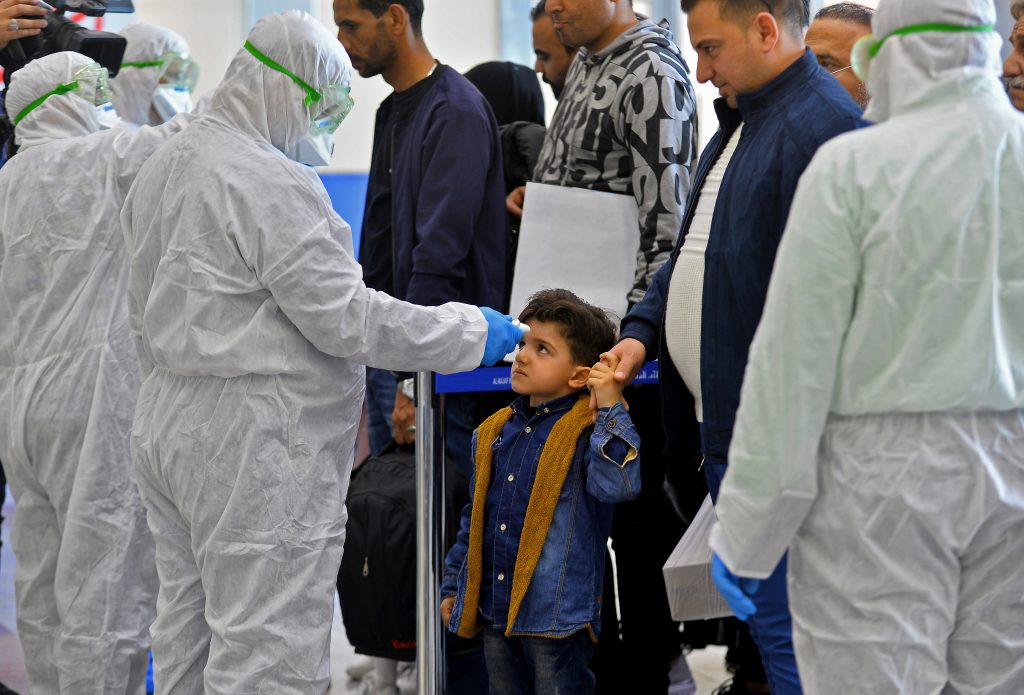
- ARAB NEWS
- 19 Apr 2024

Khaldon Azhari, Tokyo
In facing the coronavirus and its surrounding panic, Japan may want to take some lessons from the Middle East and history, according to the director of the Center for Contemporary Islamic Studies in Japan, Osamu Mimata
Muslim cleanliness practices may be partly responsible for the somewhat low rates of infection in parts of the Middle East, Mimata notes in a piece published in the Nikkan Gendai. In Islam, rinsing the mouth and washing the face, hands and feet — a practice known as wudu — is required for worship out of respect to God.
Although the hot, dry weather in the Middle East may also be a contributing factor, so far much of the region has had few coronavirus cases, despite having major airports in Doha and Dubai with regular flights to China.
The 2012 outbreak of the Middle East respiratory syndrome coronavirus (MERS), reportedly linked to camels, also managed to remain at fairly low levels there despite common contact with camels in some areas and the massive pilgrimage to Mecca.
According to Mimata, another lesson Japan can take from experience with the Middle East goes back to the 1970s, when a war between Israel and Egypt led Arab countries to impose an oil embargo on countries unsympathetic to their side.
High oil prices and their effect on other prices led to panic in Japan that daily goods would soon disappear from stores. As a result, people overbought items like toilet paper, sugar and detergent.
Similarly, panic has spread in Japan surrounding the coronavirus, leading to shortages of face masks and disinfecting alcohol.
Mimata notes that some of the panic may be due to the media focusing on the spread of the virus, rather than the recovery process. He says it’s worth remembering that the coronavirus has so far been much less deadly than the winter wave of influenza, which kills some 10,000 people in Japan annually.
And although it has been reported than about three out of every 100 coronavirus patients may die, many deaths are taking place in China, where the average level of healthcare is lower than in Japan.
A final point that Mimata brings up is a warning to not allow worries about the virus to fuel discrimination toward Chinese or others.
Like the discrimination faced by Muslims following the 9/11 terrorist attacks, some Asians around the world are now confronting a virus-fueled stigma. Mimata reminds Japan, which has its own history of ethnic discrimination, not to let the virus scare fuel racism or related political decisions.